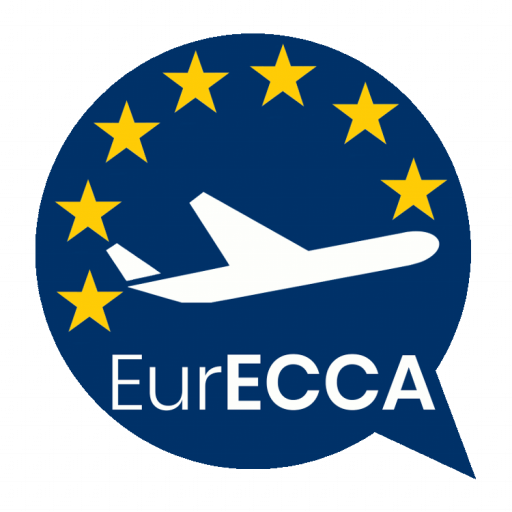EurECCA position paper on social dumping/home base
EurECCA welcomes the opinion of the general advocate of the Court of Justice of the European Union.
On the 27th April 2017, as titled by the main press organs, the opinion of the Advocate- General of the Court of Justice of the European Union was published on two questions referred by the Belgian Supreme Court, to clarify (Article 19 (2) of Regulation (EC) No 44/2001), what are the criteria for determining national and competent legislation for cabin crews employed by a multinational airline with cabin crews based on the various company’s operating locations.
The role of the General Advocate is to propose to the Court of Justice of the European Union, in complete impartiality and independence, a legal solution to the cases they are responsible for.
The references for a preliminary ruling enable the courts and tribunals of the Member States to refer the matter to the Court of Justice on the interpretation of Community law and the validity of an act of the European Union.
The Court of Justice does not decide on the disputes directly, it is for the national court to dispense the case, in accordance with the Court’s decision, which becomes binding on all national courts, in which a similar question is raised.
The case in question comes from the appeal filed by 6 cabin crews in the Mons-Belgium Labor Court. The applicants, in application of the provisions of the Belgian Labor Law, brought Ryanair and Crewlink, as their former employers, with a request to obtain a provisional sum of EUR 20 000 for each of the applicants for compensation unpaid wages, overnight work allowance, reimbursement of transport costs, reimbursement of costs associated with the purchase, use and cleaning of uniforms, training fees and damages corresponding to the value of exchange of meal vouchers.
For EurECCA, the Advocate General’s conclusions on this matter are very interesting and today, for our category, are of the utmost political importance, as they provide us with a reason for reflection and deepening of the ambiguous situation in which many of our colleagues are engaged in Europe, by airlines that base their organizational structure on normative interpretations, often contrary to the general principle of ensuring adequate protection for workers as a weak part of the contractual relationship.
Indeed, in these types of companies, regardless of where the work is done in a habitual manner, cabin crews live in the juridical fiction of posted staff, but there is no authenticity of posting: the employees do not return to work in the Member State from which they were “posted” and the employer does not provide for travel, meals or lodging expenses in the state where the alleged posting takes place.
Moreover, according to the Advocate General, when dealing with situations in which a work contract is carried out in the territory of more than one State, there is always a hierarchy of criteria to be taken into account in determining the law applicable to the employment contract: the criterion of the country in which the cabin crew “normally carries out his work” must be given an extensive interpretation of the place where from the employee takes up regular service rather than where the same is carried out.
Applying an opposite approach would in fact be contrary to the objective of protecting cabin crews, who would (and this exactly is the case) exposed to the risk of c.d. “Forum shopping” by the employer, who could choose the place from which organizing the work of their employees, thus guaranteeing themselves the judges of that place.
It is important to note that, consequently, even the notion of “aircraft nationality” (ex Article 17 of the Chicago Convention) was rejected by the Advocate General, since that concept is intended to define the scope of an other purpose.
EurECCA, represents, protects and defends the rights and needs of cabin crew all over Europe


